Apple and Encryption
Apple uses encryption to secure devices from bad actors and prying eyes. Personal devices like the iPhone can contain invaluable information, so locking it behind biometrics and passcodes is essential.
The use of encryption has been a controversial topic over the years as governments and police look for ways around it. Tools from foreign entities like Cellebrite have been purchased by law enforcement to attempt to break into iPhones.
Apple offers multiple hardware and software products that use encryption in some form. When users send an iMessage or make a FaceTime call, it is end-to-end encrypted. Important information like encryption keys and passwords are stored within the Secure Enclave for extra protection.
Apple and Privacy
Apple says privacy is a fundamental human right. Preventing the wholesale collection of data has become one of Apple's primary objectives.
Google and Facebook have made it a critical part of their business to gather as much data as possible about its users. Each update to Apple's operating systems introduces new features to make data collection difficult. App Tracking Transparency and Safari Tracking Prevention were both met with pushback from advertising companies.
Privacy can be a difficult thing to control in a world where data is equated to money. Protect yourself from data surveillance by toggling certain settings and having some awareness of how these technologies work.
Apple Event
The Apple event is now a highly-anticipated occasion held multiple times per year to announce new products, new software, and services updates. Apple has slowly perfected the stagecraft of announcing products with maximum spectacle because it knows the world is watching, especially during iPhone events.
Events used to be held in person in San Jose and San Fransisco, but that evolved due to the pandemic. Now, Apple produces high-quality pre-recorded keynotes that are shown to small in-person groups and streamed around the world.
WWDC
WWDC is where Apple announces all of its operating system updates and developer tool changes. The company sometimes releases new hardware or services during the event, but it is mostly focused on what developers can do with the new updates.
The conference is one of Apple's biggest annual events and costs the company around $50 million to run. All operating systems become available as developer betas through the summer then released to the public in the fall.
Apple versus Epic
Epic Games, producer of Fortnite and Unreal Engine, have entered an extended conflict with Apple. The company believes that Apple has a monopoly position on app distribution on iOS.
When Epic purposefully violated the App Store guidelines, Apple pulled Fortnite from the App Store. Epic was prepared with a lawsuit.
Top executives from Apple provided testimony during a trial that started on May 3, 2021. Those executives include CEO Tim Cook and App Store lead Phil Schiller.
The lawsuit ended with Epic losing on almost every front. Despite that, the company is still at odds with Apple and seeks to open its own app store on iPhone.
Acquisitions
Apple acquires many companies each year and doesn't usually make it known to the public. Acquisitions occur to secure patents, technology, or employees to further Apple's work in certain areas.
Standout acquisitions include Beats by Dre and Workflow. Beats Music became Apple Music, and Workflow became Siri Shortcuts.
Apple Park
Apple Park is the company's second campus built in Cupertino, California. It's one of the final products pitched by the late CEO, Steve Jobs. The massive ring-shaped building is now an iconic symbol of Apple's dedication to design, green energy, and the future of technology.
In-person events take place at the Steve Jobs Theater — a glass structure overlooking the campus. Apple has recorded all of its remote events from the campus as well.
Apple combating COVID-19
The coronavirus began affecting Apple in early 2020 as it ravaged China. However, the lockdown of the Apple supply chain was only the beginning, as the entire world fell victim to the virus.
Donations, face mask manufacturing, work from home, and remote events all resulted from Apple's attempts to combat the effects of coronavirus. Despite its effects on the world, Apple still released many new products and began the transition to Apple Silicon in Mac.
This page acts as a historic recording of Apple's response to the coronavirus.
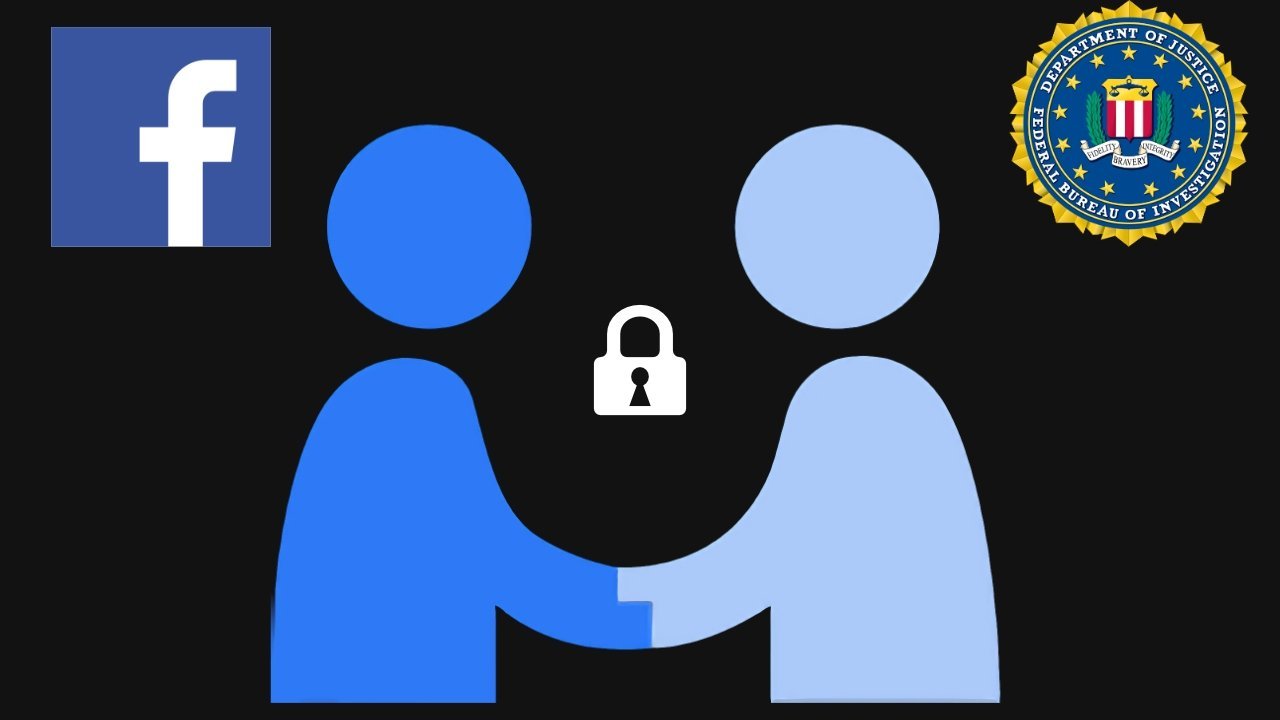
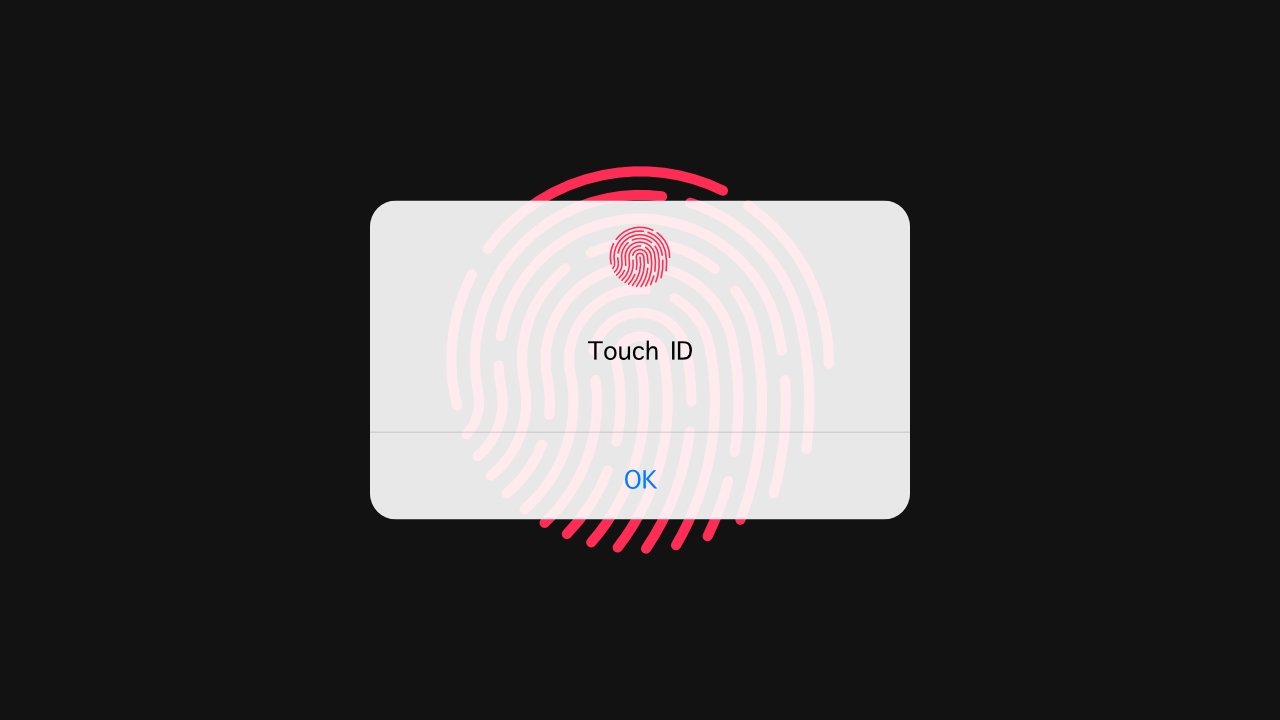
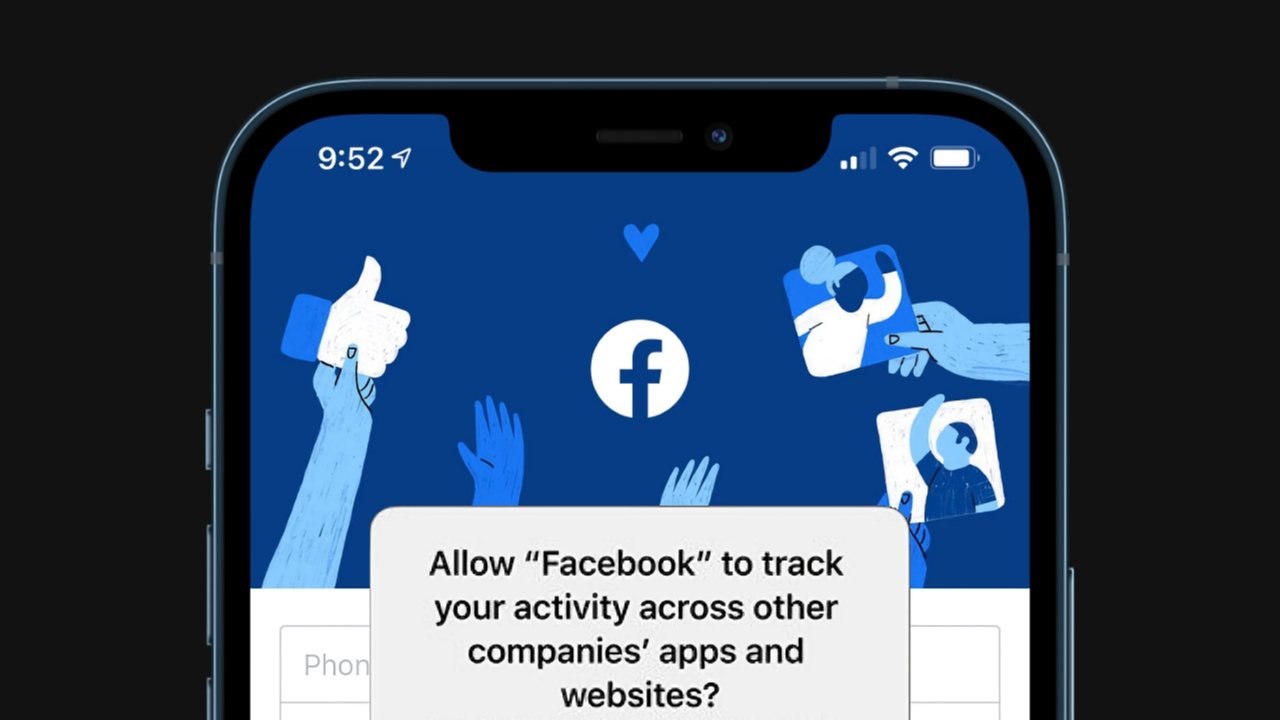
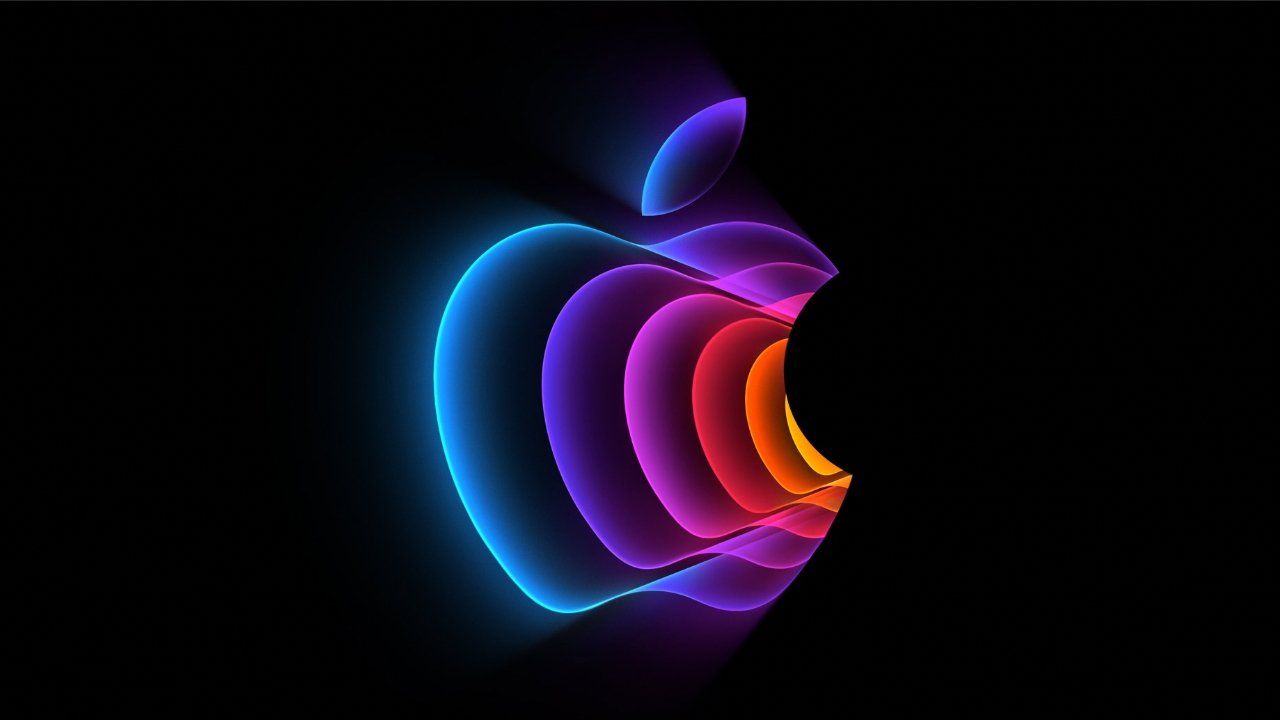
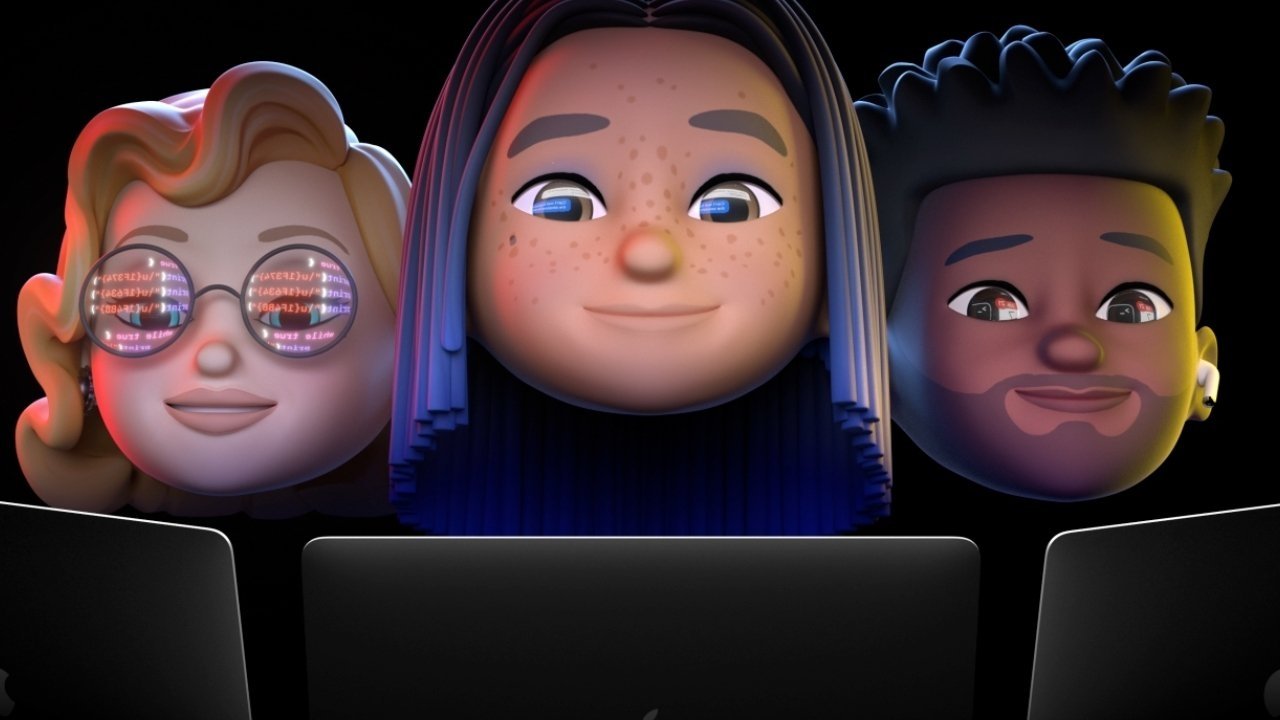

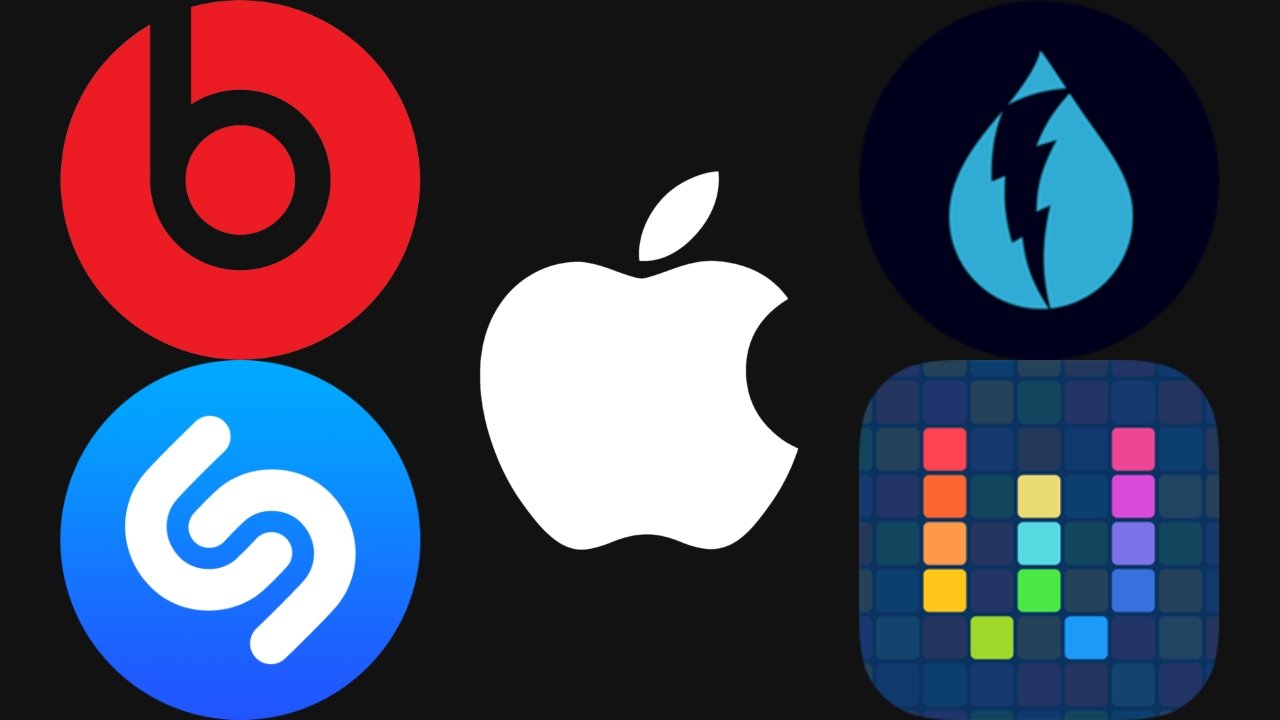
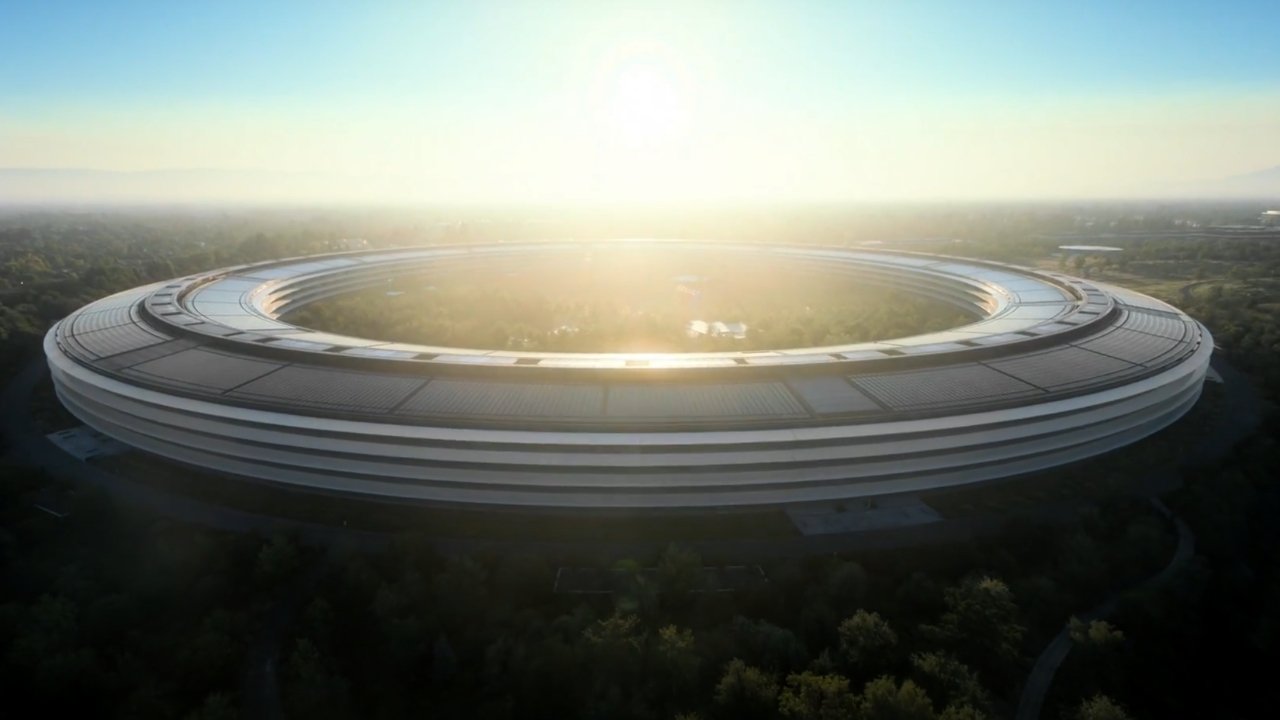

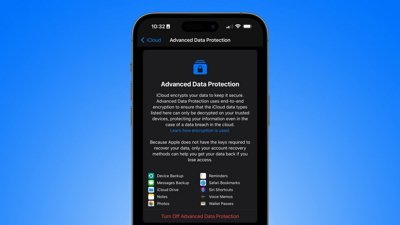
 Malcolm Owen
Malcolm Owen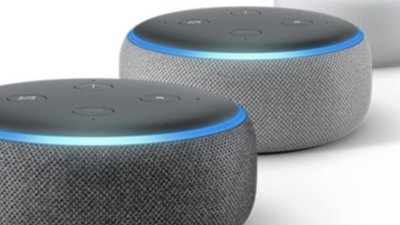
 Charles Martin
Charles Martin

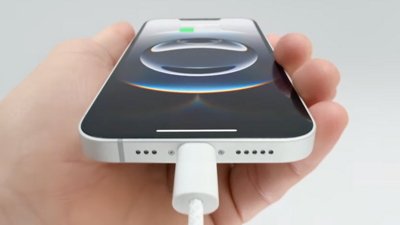
 William Gallagher
William Gallagher

 Marko Zivkovic
Marko Zivkovic
 Sponsored Content
Sponsored Content

